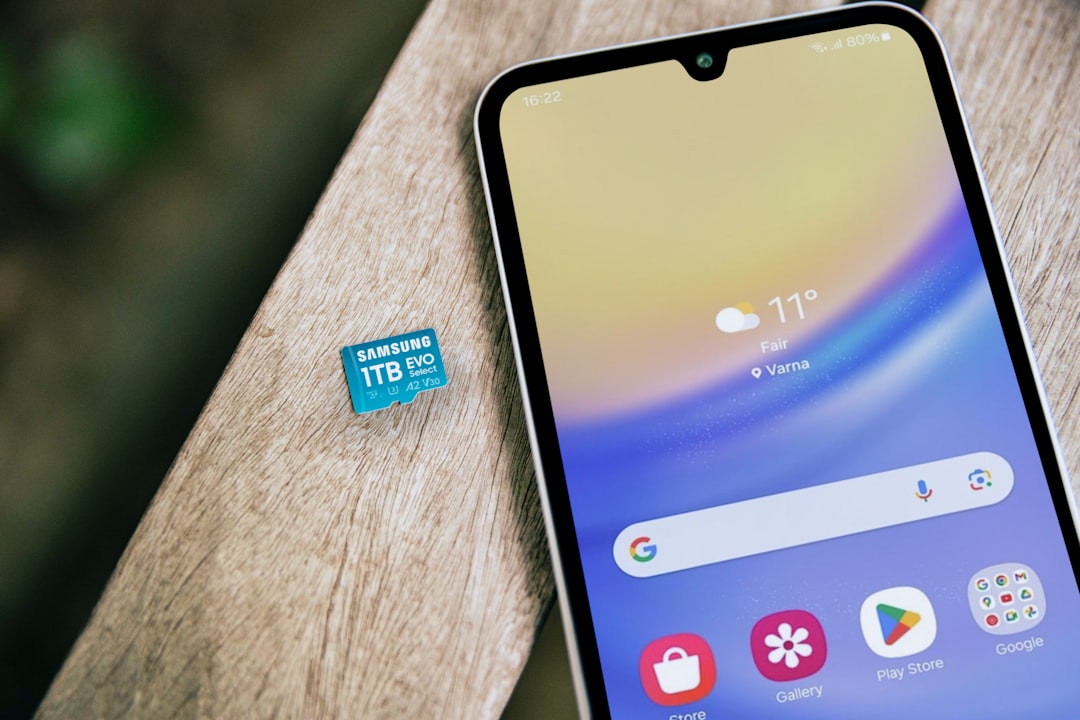A Charleston company prioritized compliance with South Carolina's strict "No Call Laws" by hiring a specialized lawyer, implementing effective strategies like do-not-call lists and staff training, and integrating advanced technology. This approach enhanced consumer perception, minimized legal risks, and fostered trust, demonstrating that adhering to local telemarketing regulations is crucial for building lasting customer relationships and driving sustainable growth. Businesses seeking to navigate No Call Laws in South Carolina should consider these ethical practices to ensure compliance and cultivate a loyal client base.
In the competitive landscape of telemarketing, one Charleston company’s journey towards success serves as a compelling case study. This article explores their transformation, focusing on navigating South Carolina’s stringent No Call Laws with strategic precision. By understanding legal obligations, implementing effective compliance strategies, and adopting ethical marketing practices, this business achieved remarkable results. Discover how they measured success while fostering stronger customer relations, all with the guidance of a dedicated lawyer for No Call Laws South Carolina.
Identifying Legal Obligations for Telemarketing Practices in South Carolina

In South Carolina, telemarketing practices are subject to various legal obligations and regulations, especially regarding consumer protection laws. Businesses operating in this state must adhere to strict guidelines, particularly when it comes to making unsolicited phone calls, also known as “No Call Laws.” These laws aim to safeguard consumers from excessive or unwanted marketing calls. A lawyer specializing in No Call Laws South Carolina is an invaluable asset for any company looking to navigate these regulations successfully. They can ensure that telemarketing campaigns comply with state laws, helping businesses avoid costly fines and potential legal issues.
Understanding these obligations is crucial for any Charleston-based company engaging in telemarketing activities. By consulting a legal expert, companies can identify their responsibilities, such as obtaining proper consent, providing opt-out options, and maintaining detailed call records. This proactive approach not only helps businesses avoid legal pitfalls but also fosters a positive relationship with customers by demonstrating respect for their privacy and choices.
Implementing Strategies to Comply with No Call Laws

To navigate the complex landscape of consumer protection, a Charleston company sought guidance from a lawyer specializing in No Call Laws South Carolina. By understanding and implementing effective strategies to comply with these regulations, the business aimed to protect its reputation and customer relationships. This proactive approach involved carefully crafting do-not-call lists, ensuring comprehensive training for telemarketing staff, and integrating advanced technology to prevent unauthorized calls.
The company’s dedication to adhering to No Call Laws not only minimized legal risks but also fostered a positive perception among consumers. This transformation required meticulous attention to detail and a deep understanding of the local regulations, demonstrating that compliance can be a powerful tool for enhancing business practices and customer satisfaction in the competitive telemarketing sector.
Measuring Success and Enhancing Customer Relations Through Ethical Marketing

Measuring success in telemarketing goes beyond simple conversion rates. For a Charleston company, transforming their practices involved adopting an ethical approach that prioritizes customer relations. By adhering to South Carolina’s No Call Laws and focusing on quality over quantity, they’ve seen a significant shift in customer engagement. This strategy has not only avoided legal pitfalls but also fostered long-term trust and loyalty among their client base, ensuring sustainable growth and positive interactions.






